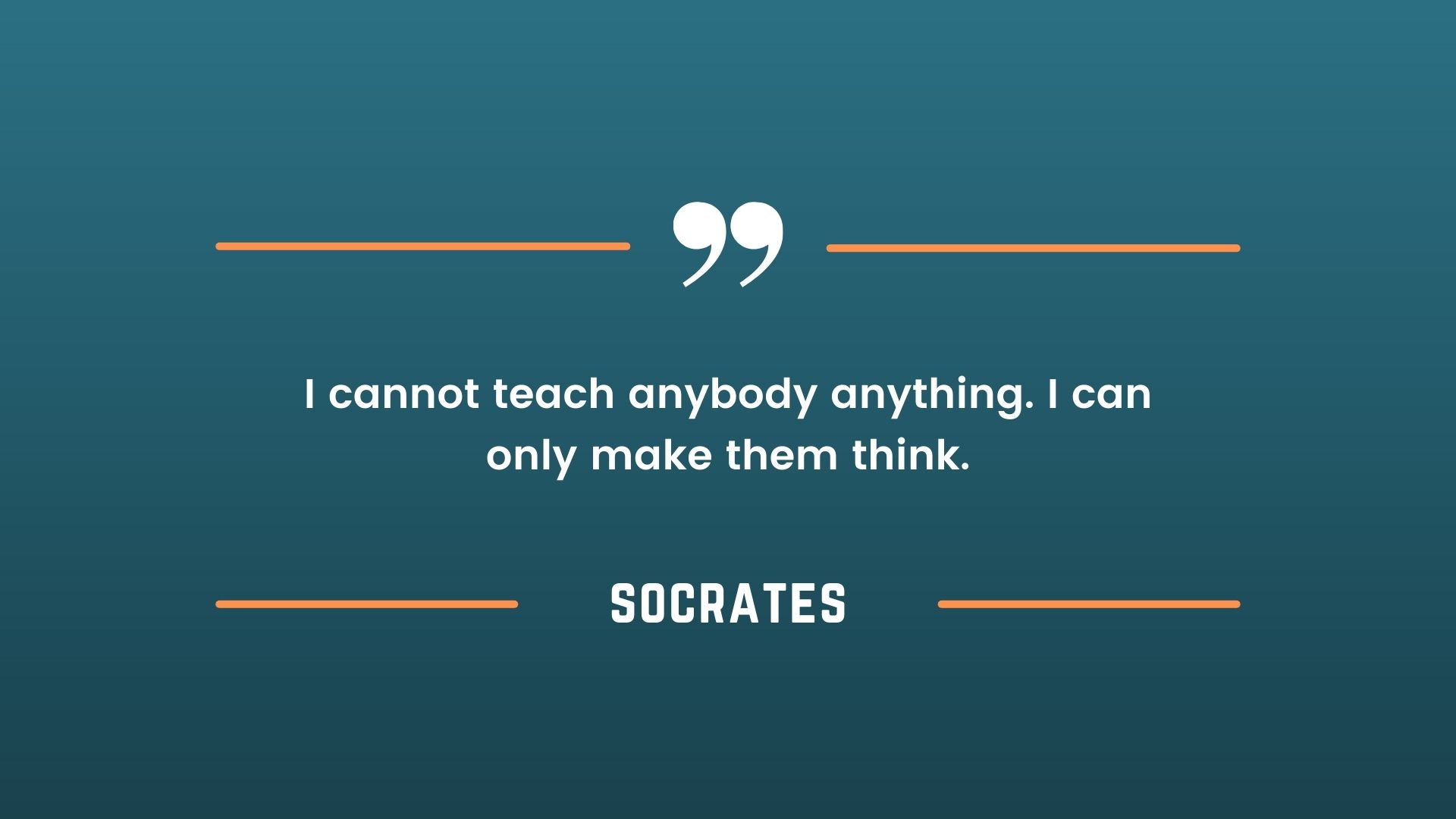I venture to suggest that patriotism is not a short and frenzied outburst of emotion, but the tranquil and steady dedication of a lifetime.
Adlai E. Stevenson II, Former Governor of Illinois
The quote “I venture to suggest that patriotism is not a short and frenzied outburst of emotion, but the tranquil and steady dedication of a lifetime” highlights the true meaning of patriotism and the distinction between genuine patriotism and jingoism. The quote suggests that patriotism is not just a temporary feeling of love for one’s country that is elicited by external events or stimuli, but rather a deep and abiding dedication to one’s country that lasts throughout one’s life.
Patriotism is often associated with strong emotions such as love, pride, and loyalty. However, these emotions should not be mistaken for the true essence of patriotism. Patriotism is not just about feeling good about one’s country, but about actively working to make one’s country a better place. It involves a commitment to improving the lives of one’s fellow citizens, and to promoting the values and ideals that one’s country represents.
Genuine patriotism is a calm and steady dedication to one’s country, characterized by a deep sense of responsibility and a willingness to make sacrifices for the greater good. It is about putting the interests of one’s country ahead of one’s own personal interests, and about working to build a better future for future generations.
In contrast, jingoism is a shallow and temporary form of patriotism that is characterized by an excessive and often irrational love for one’s country. Jingoism is often driven by emotions such as anger, fear, and hatred, and is often expressed through aggressive and confrontational behavior. Jingoism is not the same as genuine patriotism, as it does not involve a commitment to improving one’s country or to promoting its values and ideals.
In conclusion, the quote “I venture to suggest that patriotism is not a short and frenzied outburst of emotion, but the tranquil and steady dedication of a lifetime” highlights the distinction between genuine patriotism and jingoism. Patriotism is not just a feeling, but a lifelong commitment to making one’s country a better place. Genuine patriotism involves a calm and steady dedication to one’s country, characterized by a deep sense of responsibility and a willingness to make sacrifices for the greater good. Jingoism, on the other hand, is a shallow and temporary form of patriotism that is not rooted in a commitment to improving one’s country or to promoting its values and ideals.




